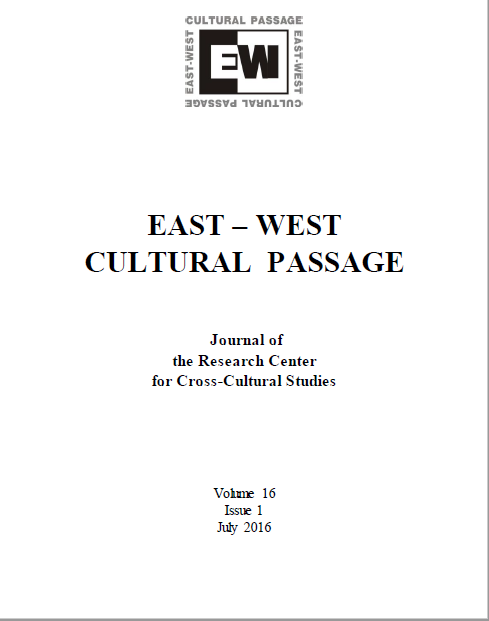Quixotic Readers of Human Nature; Or, the Misprisions of Sympathy in Henry Mackenzie’s The Man of Feeling
Quixotic Readers of Human Nature; Or, the Misprisions of Sympathy in Henry Mackenzie’s The Man of Feeling
Author(s): Ivana DragoşSubject(s): Epistemology, Ethics / Practical Philosophy, Other Language Literature, 18th Century
Published by: Editura Universitatii LUCIAN BLAGA din Sibiu
Keywords: man of feeling; sentimental morality; quixotism; sympathy; benevolence; David Hume; Adam Smith;
Summary/Abstract: Rising to prominence in the latter half of the eighteenth century, the man of feeling readily became a virtuous model of liberal and charitable benevolence. Nevertheless, his moral epistemology – which translates feeling per se as virtue – proposed a model of masculinity that gradually absorbed feminine characteristics such as sympathy, sentimental effusions, tears and, ultimately, delicate feeling. This article places the man of feeling within the paradigm of delicate feeling, which interprets public responses in line with the protagonist’s innate benevolence taken as a quixotic idée fixe propagated through sympathy, the very engine of ethical motivation and judgement within a social context marked by mercantile interests. Understood as an arbiter of the other’s sentiments, sympathy – as understood by Scottish Enlightenment philosophers such as David Hume and Adam Smith – is grounded in the imagined perspective on the others’ similar sentiments or emotions and is seen as having powerful social effects, once it manifests itself in a morally judicious manner. Failing to do so, it engenders excessive, unorthodox sympathetic feelings that are conducive to a misreading of fellowship. In this light, my task is to delve into Henry Mackenzie’s Man of Feeling, a 1771 novel whose eponymous hero is an ultimately passive observer of life who epitomizes sympathetic feeling as failure caused by virtual forms of sympathy.
Journal: East-West Cultural Passage
- Issue Year: 16/2016
- Issue No: 1
- Page Range: 100-109
- Page Count: 10
- Language: English
- Content File-PDF

